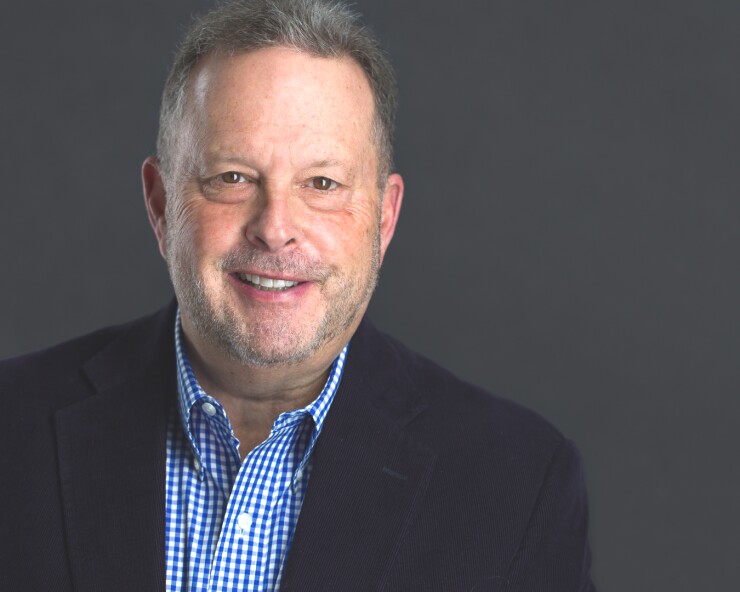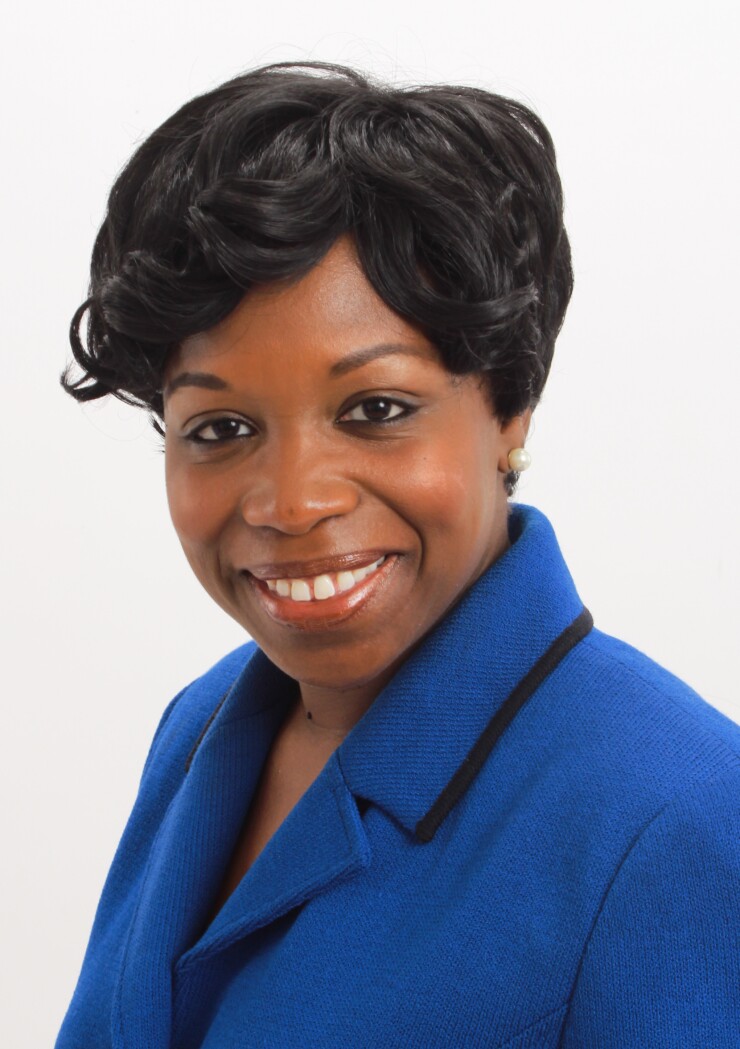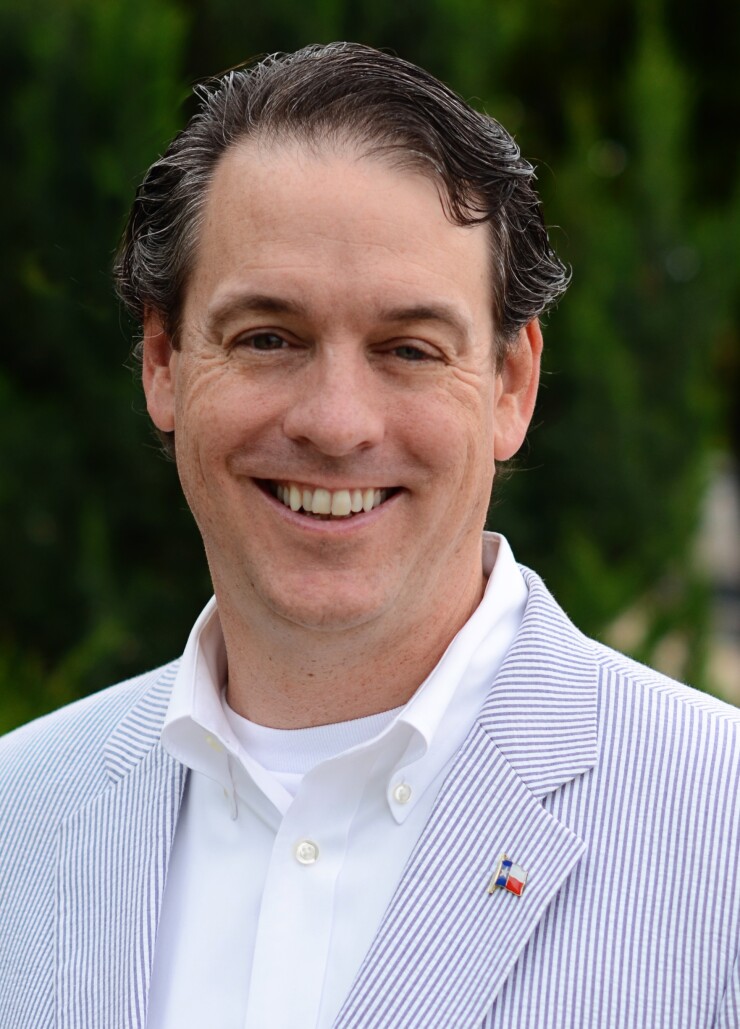Events like the COVID-19 pandemic have a way of revealing things in their essence — and in its essence, accounting is a people business.
People issues look likely to dominate the next 12 months for the profession, as firms look to find and retain staff in the face of the Great Resignation, to manage the transition from the emergency measures of the heat of the pandemic to the long-term “new normal,” and to find ways to manage a workforce that is, literally, all over the place.
The data from our annual survey of a wide range of firms (see opposite page for highlights) reveal that recruiting, retention and management are major concerns for many firms — though they’re also paying attention to regulatory change, particularly the tax laws being cooked up in Congress as we went to press.
People and talent issues were also top of mind in the conversation below, with some of the leading consultants and thought leaders in the profession, which offers some great advice and unexpected surprises as you prepare to venture into 2022. Sharing their thoughts with us were:
- Kimberly Ellison-Taylor, founder of KET Solutions and past chair of the American Institute of CPAs;
- Gale Crosley, founder of Crosley + Co. Gale Crosley;
- Ed Kless, co-host of “The Soul of Enterprise” and senior director of partner development and strategy at Sage;
- Allan Koltin, CEO of Koltin Consulting Group;
- Gary Shamis, CEO of Winding River Consulting; and,
- Jennifer Wilson, partner and co-founder, ConvergenceCoaching.
What one or two trends should accountants most keep an eye out for in 2022?

Koltin: The first one is the increasing difficulty of finding great talent, and the crystal ball says it will only get tougher. The second trend is to lock in current talent in a way we have never done before. The formula for your stars is to substantially overpay, advance their career path faster than you have ever done before, give them the best clients and training, and let them work wherever and whenever they want!
Crosley: In the short-term, I’d say private equity and the other finance mechanisms coming into our space. Also, in the CAS area, there’s so much disruption going to happen in the business model itself, with providers like Pilot coming on board, and the explosion of artificial intelligence and machine learning and their insertion into CAS.
Shamis: The use of automation. AI, robotics and improved processes moved to the back burner the past 18 months — look for automation to heat up in 2022. Another trend is the movement of M&A from the Top 500 firms to smaller firms — smaller firms desperation will enhance — lack of staffing, automation and succession.

Wilson: Inflation — salaries are soaring, so fees must follow. Clients are getting fee increases from their other business partners and vendors, why not from their accounting firm? Continued changes in the staffing model to help manage cost escalation, including using non-CPAs in the compliance service delivery process, outsourcing, off-shoring and the use of fractional workers.
Kless: The Great Resignation is a major problem for firms. COVID-19 proved that knowledge workers can bring their office to the coffee (or indeed, just stay home for the coffee) and still achieve the needed results. Many firms are making the mistake of insisting everyone come back to the office to enhance collaboration as if we haven't been collaborating for the past 20 or so months.
Ellison-Taylor: Talent, technology and transformation trends will increase. In order to maintain our trusted advisor status, accountants must continue to pay attention to talent — pipeline development, leadership succession, and inclusive leadership.
Use cases for AI, robotic process automation, analytics, and blockchain (among others) will continue to expand, requiring accountants to be more and more tech savvy — especially as it relates to both cloud solutions and cybersecurity.
From a transformation perspective, “there” has moved and the rapid pace of change means reviewing strategic plans to determine which parts are still relevant. What services will you offer? What channels and partnerships will you pursue? What is your organization known for? How do you engage with clients? These are just a few of the questions we must re-determine. A future-ready mindset to transform our respective organizations as well as serve as trusted advisors in the post pandemic environment means questioning what we think we know and knowing when to simply improve and when to transform.
Crosley: Longer-term, the trends I’m looking at are ESG, absolutely, and digital assets like digital currencies, crypto, blockchain — what’s going on with them in the market, and what’s going on with them from a regulatory standpoint. Those are going to shape or mold our future for years to come. We’re at the dawn of longer-term major fundamental changes with ESG and blockchain and cryptocurrencies. They’re going to rock our world.
What do you think will be the most surprising thing for accountants in the coming year?

Shamis: Easy! Partners will believe the pandemic is over and everybody will show up back in the office. And they will be surprised, because this will not happen. We were beginning the evolution to remote/virtual work. The pandemic accelerated the timetable — an evolution pretty much became an event. Firms need to figure this out — how to hire talent, grow talent, process work in this new environment. Those that will, will thrive; those that won’t, will not survive.
Crosley: I think accountants are going to be very surprised by the behavior of the rank and file in their firms. I believe they are unprepared for the level of sophistication they’ll need for the human resources side of their firm. We’ve gotten away with a lower level of sophistication in HR, in everything from employee relations to culture to commitment to their employees to acquisition of new employees, to creating an environment where people are enthusiastic about what they do — because they’ve never had to do that. I came from the Big Four, where they work you to the bone and they don’t care, and then went to IBM, where respect for the individual was at the epicenter. They cared about us and rewarded us and gave us public recognition, and they recruited well, and you just didn’t want to leave IBM. Our turnover rate was non-existent.
Now that I’m back in CPA land, it hasn’t changed that much since when I started. We work people to the bone and we don’t necessarily give them public recognition. When we win a large opportunity, we opened up the heavens at IBM — we had a ship’s bell in the lobby, and they’d hand you a big check in front of your peers — in accounting, it’s like, “We won that, yeah, let’s move on.”
Because the balance of power has shifted from the employer to the employee, we’re going to see some surprising changes — we’re already seeing it. It’s going to be a shock to the system for so many firms. It’ll take the form of remote work, as well as other demands being put on our firms’ leadership. The customization of benefits at the individual employee level — we have to go there. If I were a managing partner, I’d have a menu of options, and I’d tell employees to sit down and pick what they want from the menu, and the compensation will be adjusted based on that. If I were in HR, I’d be customizing that approach at the individual employee level.
Kless: The Great Resignation will continue, especially among firms that insist people return to the office even on a partial basis. “Flexible schedule” is an oxymoron! What people want is autonomy. What people want is to not have to commute.
Wilson: The emergence of a decent number of healthy, independent middle-tier firms that are making great money, leading decently balanced lives, pursuing diversity, have depth with talent and clients, flexibility, automation and empowering talent. These progressive firms have been pursuing Next Gen strategies and a concrete vision for years, and won’t have to be merged up or in like so many others who lack a bench and/or the fortitude to go on.

Ellison-Taylor: The pandemic has disrupted countless norms and many of us may believe that it is just a matter of picking up where we were in March 2020. This is especially true when many of us have worked nonstop and haven’t had a chance to fully adjust to the new environment. I think many of us will be surprised when we realize that how we thrived previously is not completely how we will succeed in 2022. However, before we can develop scenarios for increased revenue, we must first analyze the validity and composition of the existing revenue streams.
Koltin: I think in 2022 we will actually have certain days where many people are back in the office. That being said, we will need to give our staff reasons to come in! Giving them their own office will only resonate with a few (those that want to be there all the time!) but picking a day or two a week where there are team and/or collaboration meetings; celebrations; training; or client meetings will be what brings people back to the office. “Just doing work” in one’s office or behind a closed door won’t drive the troops back.
How do you think the profession will emerge from the coronavirus in 2022?

Kless: The profession will be fine. Dinofirms will die by the dozens or even hundreds.
Ellison-Taylor: The profession will emerge more vital and essential than ever in 2022, but we can’t be too comfortable. In the aftermath of one of most tragic periods any one of us can remember, new innovations, technologies, business models and enhanced client engagement will emerge. We are well-positioned to offer guidance and leadership to organizations across industries and of all sizes.
Shamis: The profession’s big problems will remain as big problems. The staffing crisis is here to stay. I can only hope that firms will rise to the occasion and be smart and resourceful to maintain and increase capacity. It is not hard; the writing is on the wall — the execution is the key. Improved processes (potentially using automation) culling of bad clients and outsourcing. If I was still running a firm, this is my priority.
Koltin: I think 2022 will be a record year for firm profitability and will exceed the great year most firms had in 2021. That being said, partners will work harder than they have ever worked to get work done due to the talent shortage and turnover that is taking place at most firms. If you’re not already offshoring and outsourcing work, you need to get on the bandwagon. I think the firms that are doubling down on talent recruitment and talent retention/development will have great years, and firms that continue to approach the human capital equation like they always have will continue to struggle.
Crosley: We’ve been in a very predictable profession for a long time, with a few major disruptions along the way; the last was Sarbanes-Oxley. The big lesson is that we can’t relax and say, ‘We’re going to put it on autopilot and just crank out compliance work,’ which firms tend to do. We can’t do SALY — same as last year. We have too many disruptions that are hitting us, and the lesson is that we’re living in a disrupted environment; not just the pandemic — technology, regulation, the dynamics of supply and demand, standards, culture warfare going on around us. ... We can’t be a profession that goes from year to year with a compliance mindset, calendar-driven, with minuscule changes

That’s been the big lesson — how to deal with that and grapple with it. We’ve done a pretty good job of it; I’m proud of our profession, from [American Institute of CPAs’ president and CEO] Barry Melancon down to our managing partners, all of our leadership. I have great hope that we’re going to be able to navigate through it in a very good way.
Wilson: The profession will continue to be the go-to first responders for economic assistance with clients, but there will be long-term reverberations from the relentless legislation and endless busy season that was the pandemic. Smart firms will emerge managing a truly remote and blended team, recruiting talent and clients borderlessly, reducing high-cost commercial space, digitizing everything they can (including clients), building advisory practices at all sizes (especially CAS) and looking to run more fulfilling, smarter practices going forward. Oh, and like health care and education, public accounting will see an increased exodus of retirees who are beat up from the toll the pandemic took and are looking to maximize buyouts as they are increasingly renegotiated and revised.
What one piece of advice would you give firms going into next year?
Crosley: We’ve had our noses to the grindstone for 20 months, and we haven’t had our noses up to the wind, so there’s no future thinking going on, no strategy. Some firms are, but they’re few and far between. They’re taking on strategic issues because they’re at that point in their lives. Let’s step back and look at the next 20 years — how are we going to change our business model? What directions are we going in, in terms of geography, services, industries? There’s so little future-think going on — I appreciate that you can’t think about the future when you have to get the laundry out the door, but on the other hand, be wary if you haven’t put a pin in it and sat back and said, ‘Where are we going?’
Don’t mortgage your future because you got yourself mired into today’s problems. It’s like children – you can’t lose sight of what you want them to be. Yes, we’re all in a pandemic, but that doesn’t mean we lose sight of what we want for our children 20 years down the road.
Wilson: Be wary of a strategy that chases more revenue, more clients, more people, more volume, more noise, etc. because it can lead to more stress, more burnout and more client and talent dissatisfaction. Instead, consider a strategy to produce more joy, more fun, more impact on clients, more difference-making, more depth. Identify the clients and services that give you the most joy and go after those. Right-size the client base to give you the time to pursue the great work and to spend meaningful time with the clients delivering transformative services. Invest in and develop your people to be truly expert. Do these things and you won’t have a recruiting or retention problem and your profits won’t shrink either.
Ellison-Taylor: I would advise my colleagues to challenge what they think they know about what we can and cannot do. As accountants, we are well aware of risks, regulations, and the previous initiatives that didn’t work. We must also consider that new entrants to the marketplace have a great advantage in their focus on what will work. They fear less. And yes, we have a lot to lose, but we can make big bets as well.
Shamis: Easy! Use your Paycheck Protection Program money to reinvest into your firm. A huge opportunity to use this gift to keep giving for years to come. This is a once in a lifetime, so firms need to be very strategic in making choices as to where to invest. And most important is execution of the strategy.
Kless: It is past time to eliminate timesheets. In addition to move to value, or even better subscription-based pricing, firm should embrace the ROWE, or results-only work environment, created by Jody Thompson, author of the book “Why Works Sucks and How to Fix It.”
Koltin: Strategize growth in a way you have never done before. If you have an industry or service line specialty, think big! Don’t confine yourself to the “bricks and mortar” mentality. Think of new clients that aren’t geographically in your backyard and begin marketing and reaching out nationally. We are seeing living proof every day that a certain percentage of clients could care less about where you are located, provided you can offer solutions to their problems at a fair price and be responsive to their needs. We always knew this innately, but now the market is telling it to us every day. Spend the money to get your brand out there; it will be money well spent.





